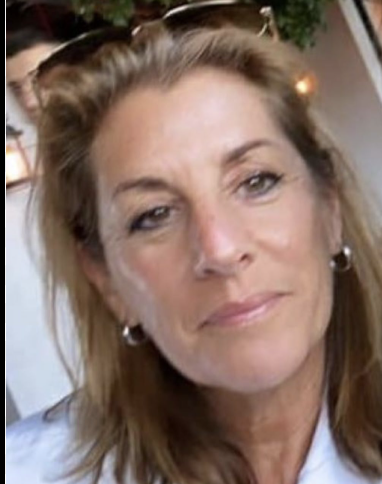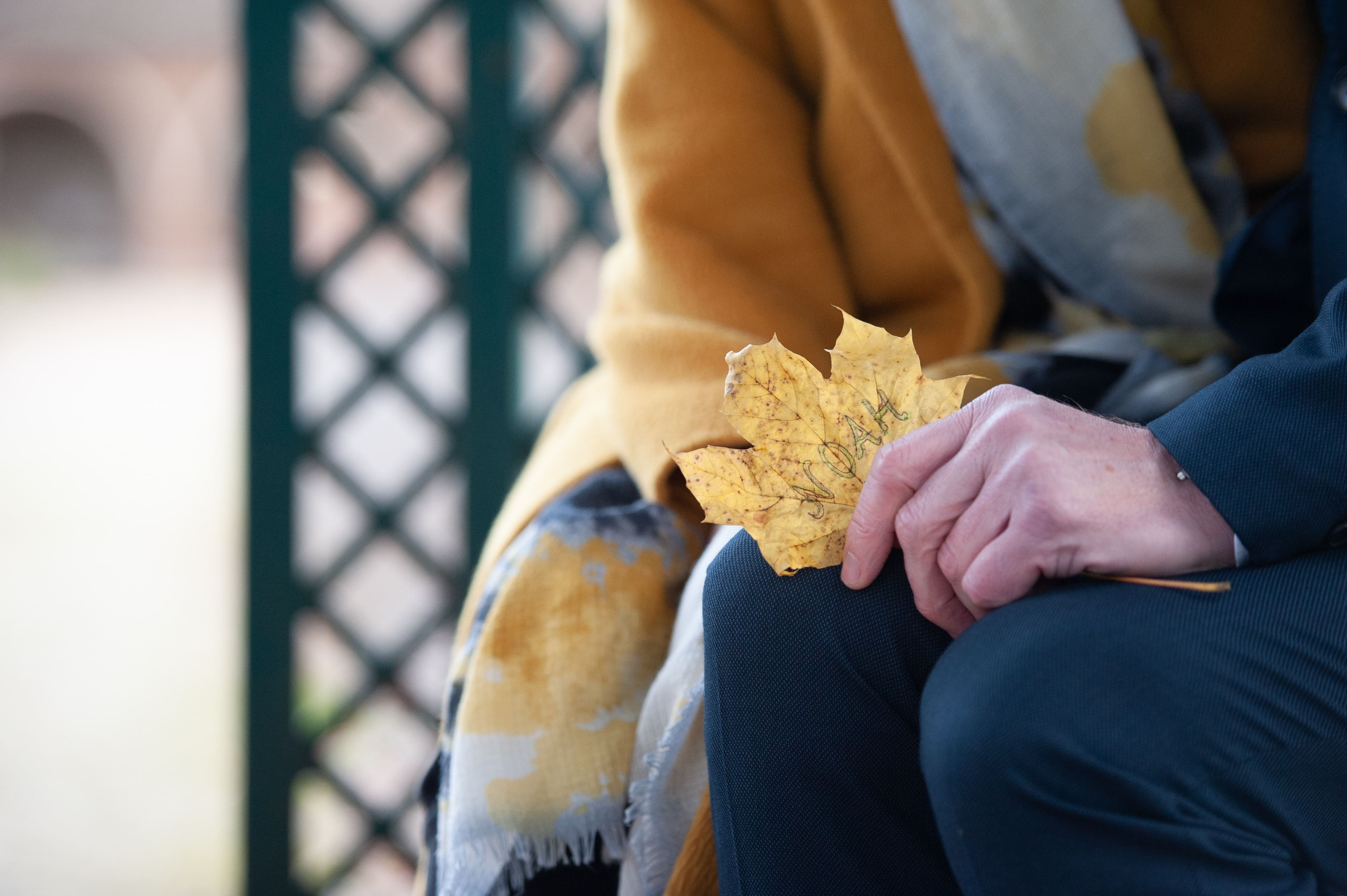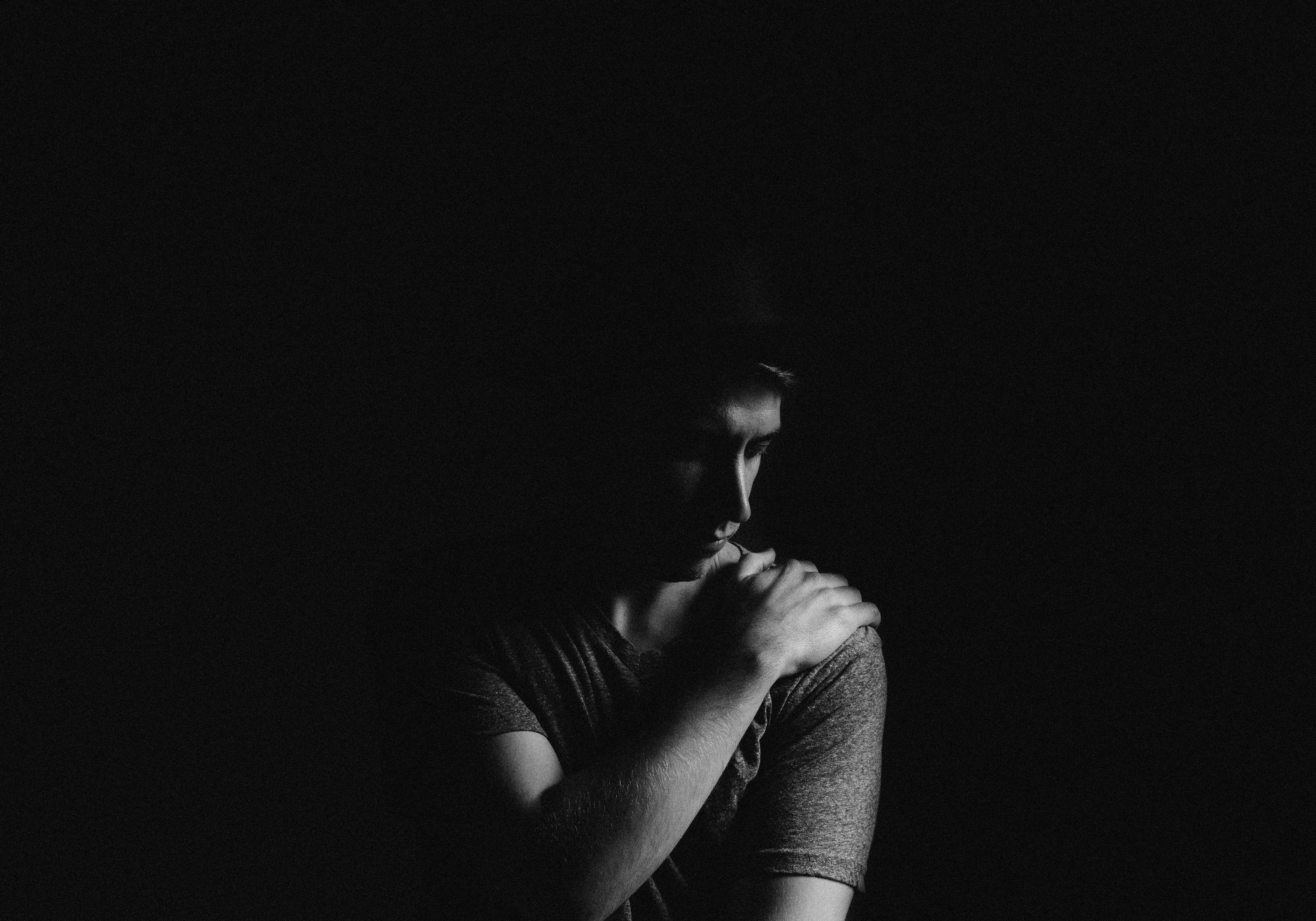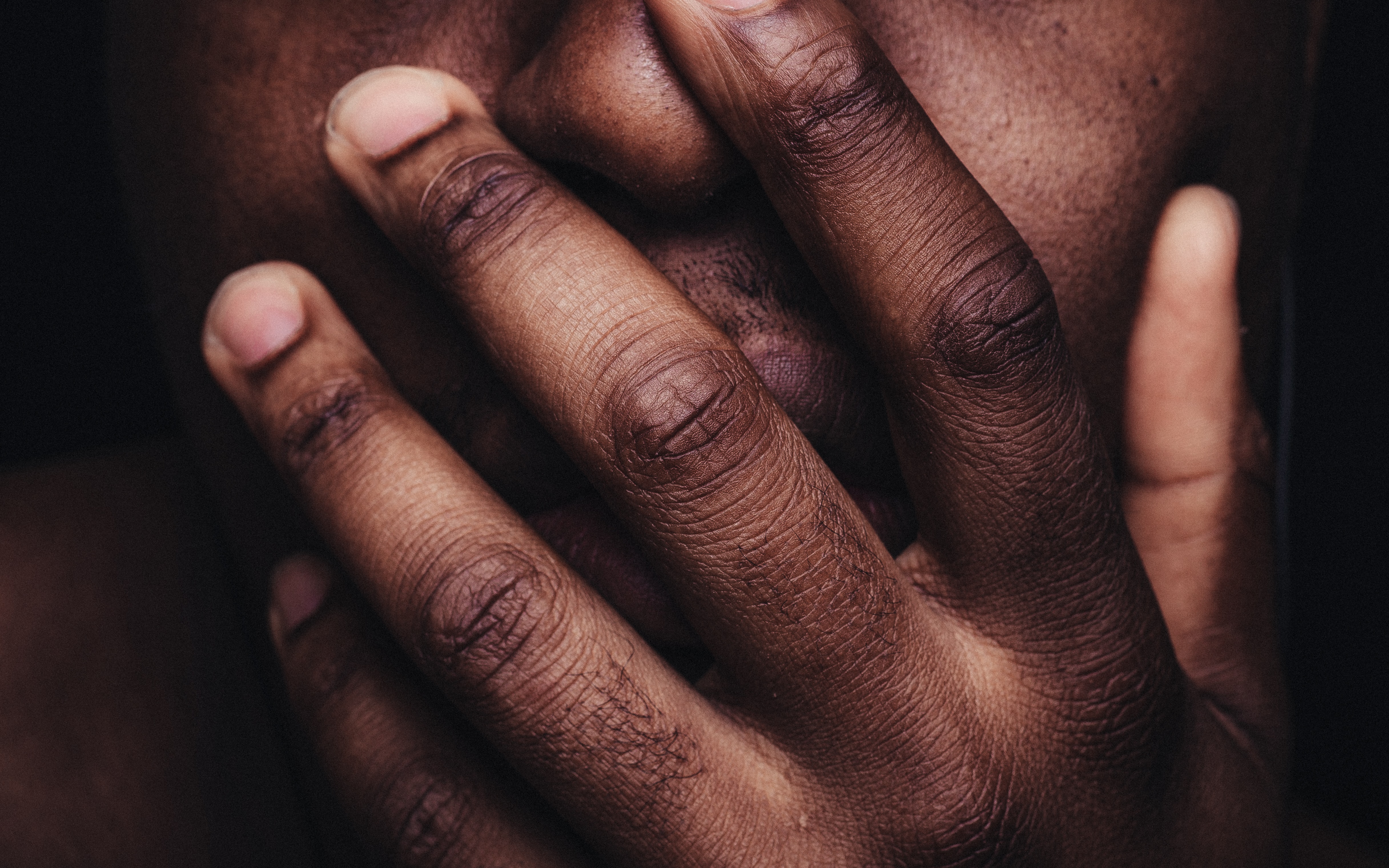Grief is a natural process and a normal response when we experience loss and bereavement. Whether our loss is someone dear or it is something significant to us, grief is our reaction.
Grief is a very personal journey. Its stages, its timing, its impact are individual to each person, with no 'correct' way to grieve and it can draw on a range of emotions and affect both our physical and our mental health with its unpredictability and its intensity.
Sometimes we can work through our grief with the support of family and friends and sometimes some outside help is needed in the form of bereavement therapy. And there are times, when there is complex grief, where trauma therapy needs to play a part.
Whilst grief is a personal experience, there are some shared physical and emotional symptoms and there can sometimes be distinct stages to go through or to overcome. Again, these are not necessarily linear. There are ebbs and flows in each of the stages and indeed between them.
As well as feeling sad, emotional symptoms can include:
- Shock, numbness and an inability to accept a death.
- Anger, with yourself or the person you've lost or with other people.
- Guilt, no matter whether these emotions are founded in fact. We can feel guilty about the person's death or their ending. We may feel guilty about the things we said or didn't say. We may feel guilty because we may feel in some way responsible. All of these a normal emotions.
- Fear about our own mortality or being on our own; a fear about a future without the person we have lost or fear of being helpless and overwhelmed by our feelings.
Alongside the emotional symptoms associated with loss and bereavement, there can be physical symptoms, and these can sometimes be overlooked. Trauma specialist, Bessel Van der Kolk, argues that The Body Keeps the Score, whilst Wilhelm Reich, who originally trained as a psychoanalyst, talks about body armour and armouring.
Increasingly we recognise that the body is impacted when we face difficult or traumatic experiences, including of course, bereavement and loss. Physical feelings can include overwhelming fatigue, sometimes because it is almost impossible to fall asleep or stay asleep. We may experience different pains or physical complaints including migraines or stress headaches; stomach problems or other stress-related conditions. In turn we may recognise that we have a lowered immune system and this is compounded by changing eating patterns.
Sometimes we try to make sense of our grieving process and we somehow need to know when it will end, how it might change and, with fear often involved, how overwhelming it might be.
Elisabeth Kubler-Ross’ 1969 book, On Death and Dying, offered a model of grieving which argued for five stages. Originally the model was proposed to understand the stages encountered by someone at the end of their own life but it was then adopted as an overall model of the grieving process. Kubler-Ross claims that there are five stages of grief: Denial, Anger, Bargaining, Depression and Acceptance.
Whilst she does not claim that there is a prescribed length of time of level of intensity for each, the linear nature of this model can sometimes be unhelpful. Like the other emotions in our lives, the feelings of grief can ebb and flow. They can go backwards and forwards. One day we may feel acceptance but at other times we may feel incredibly low and unable to accept our loss and feel like we are unable to fully function. In reality, we cannot predict when, how or if we feel these stages.
Therese Rando’s work on grief and mourning over the last twenty years, and her utilisation of EMDR in complex grief, proposes six stages of mourning, which she calls the six R’s of mourning. She names the six R’s as:
- Recognising the loss
- Reacting to the separation
- Recollecting and re-experiencing
- Relinquishing old attachments
- Readjusting
- Reinvesting
Unlike Kubler-Ross’s model, this looks at the emotional states the grieving person is likely to go through but Rando does not propose a linear pathway. Instead this is about understanding the emotions themselves. By group them together into three emotional categories – avoidance, confrontation and accommodation – it allows the person grieving to understand where they are in their grieving process and what this means to them.
For the counsellor or psychotherapist working with a grieving client, this is also incredibly useful as therapist and client make sense of the client’s emotions and how they have recognised and addressed their loss and are living or avoiding their life.
Bereavement support
Sometimes what we need to cope with loss is the support of friends and family, if we are able to get that. Often called ‘psychological first aid’ it is about being surrounded by the warmth and love of others. Sometimes we need additional support through therapy, which allows us to say out loud all that we want and need to say.
Often clients say to us that the people around them find it difficult to hear them without saying something that they think will make it better, without knowing that it often doesn’t. We know that the hardest thing is to see those we love in pain. Our natural inclination, when we see someone in a difficult place, is to try to get them out of it. We want to rescue and repair in any way we know how.
Therapy is different. As therapists we can sit in the dark place with the client. We can allow them to explore it in whatever way they want to – whether that’s with words, with tears, with modelling clay or pictures, with writing or just with silence. And through sitting in the dark place together, it becomes less overwhelming and threatening and allows the client to move through the grieving process at the pace that they need and with the ebbs and flows that go with that process.
EMDR and complex grief
According to Rando there are 42 sets of factors which influence experience of and responses to a loss, which explains why each person experiences bereavement in a different way and will need different support. It also explains why sometimes loss and bereavement is more complex and there are ‘roadblocks’ that complicate the grief and mourning process.
Rando’s six R processes of mourning outline what must be achieved in order to healthily accommodate a loss. But mourning can be complicated when one or more of the six R processes is compromised, distorted or not achieved.
When grief is complicated, Rando and Solomon argue that an EMDR treatment approach can be highly successful in helping to process disturbing images and memories in a way that allows them to be integrated in a less traumatic way. This allows the mourner to then accomplish the six R processes and readjust and rejoin the new world.
All of us will face loss and all of us will face grief, each of us in our own way. Making sense of the grief and the grieving process and being able to get the support that we need, will hopefully make it easier to bear.







